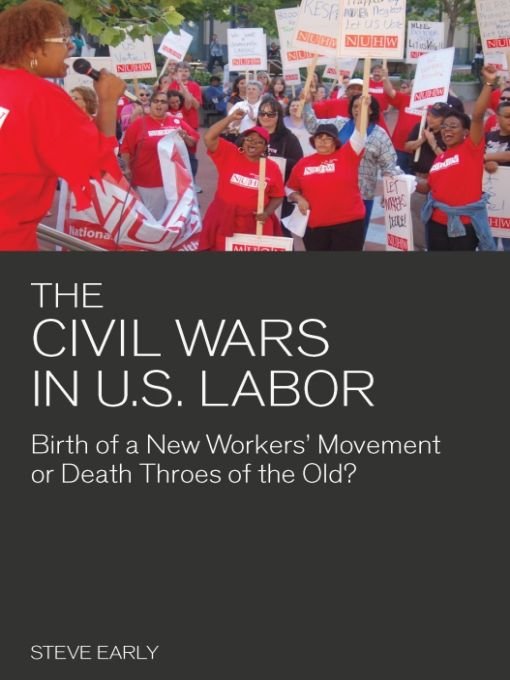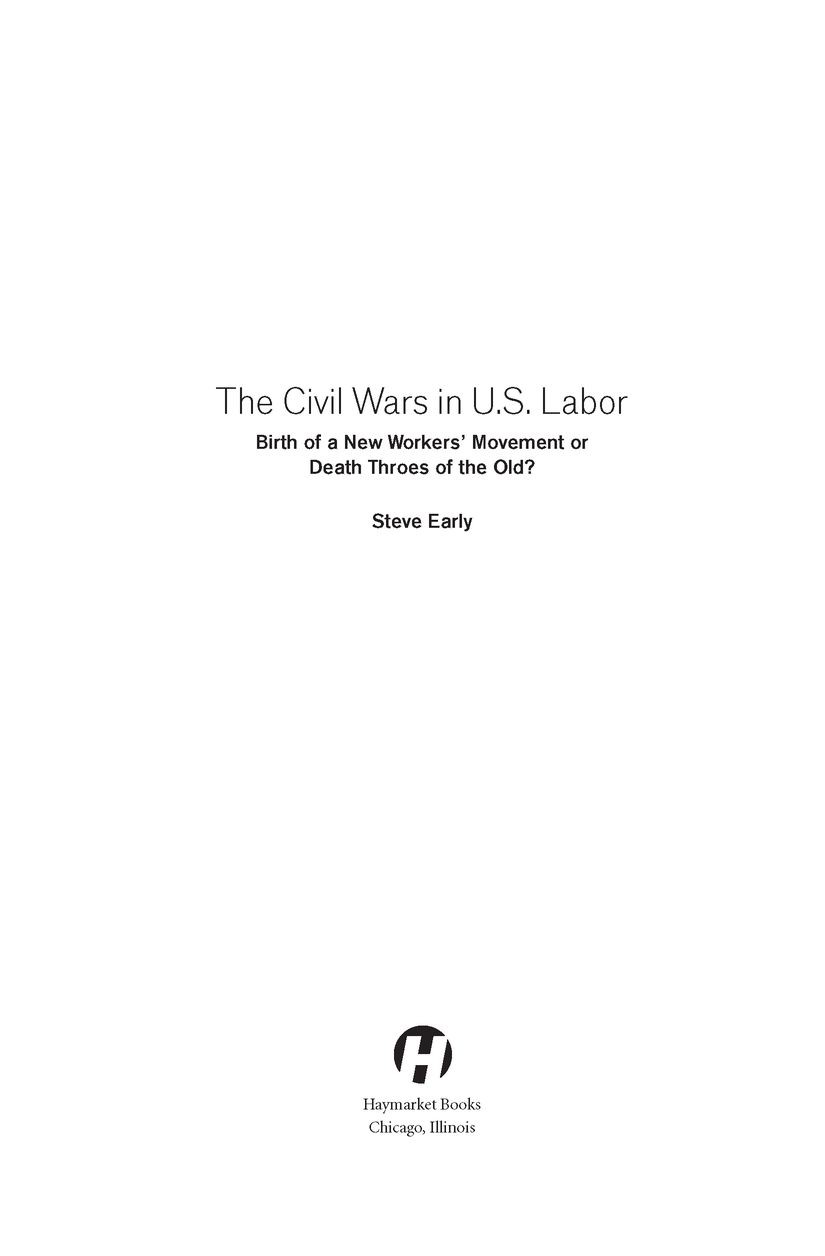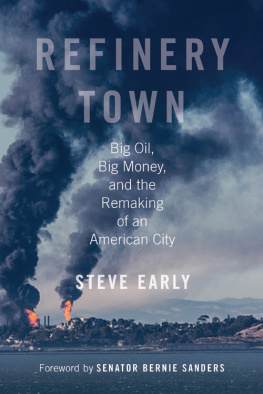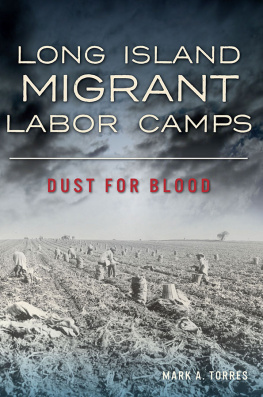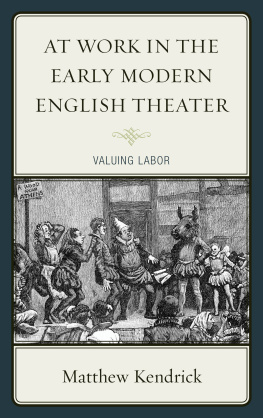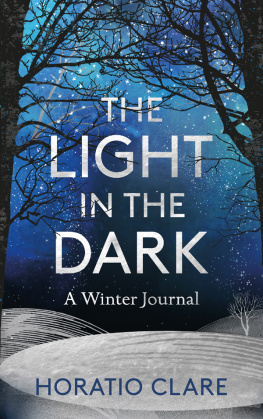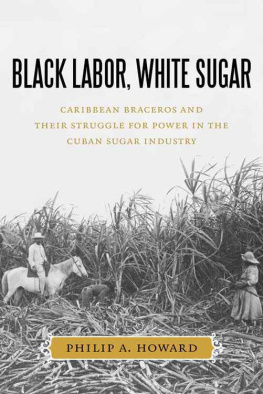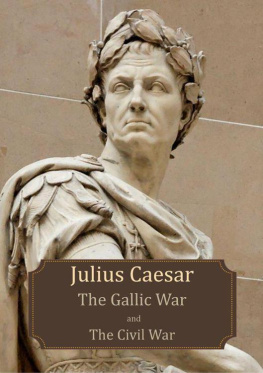Table of Contents
Advance Praise for The Civil Wars in U.S. Labor
Earlys book critiques a union culture that privileges control over the practice of democracy. With an honest eye, the author adds an essential chapter to the long history of rank-and-file efforts to keep unionism vibrant and engaged.
Vanessa Tait, author ofPoor Workers Unions
Steve Early is not just another scholar situated outside the labor movement. For more than thirty-five years, he helped do the hard work of organizing and collective bargaining. His latest book confirms that there is no one with a better understanding of contemporary union problems.
Michael Yates, author ofWhy Unions Matter
Civil Wars is as lively as it is detailed [providing] insights into just what the labor movement can become when democracy takes hold and members get active. It will infuriate some, but inspire many more to build and transform their unions.
Kim Moody, author ofU.S. Labor in Trouble and Transition
Although some union leaders may take issue with Steve Earlys blunt and forthright criticism of organized labor, no one can deny the clear and convincing case he makes for labor unity. A union movement that cant stay united behind basic principles and rights for its members eventually may find itself bereft of any principles, rightsor members.
Linda K. Foley, former president, Newspaper Guild/CWA
Early is the most tenacious, free-thinking journalist covering labor today, respected by friend and foe alike. Civil Wars is essential to understanding how union centralization and top-down control have failed as a strategy for revitalizing the labor movement.
Immanuel Ness, author ofImmigrants, Unions, and the New U.S. Labor Movement
Civil Wars in U.S. Labor is based on thorough reportage, a lifetime of labor activism, and a deep commitment to union democracy and militancy. It is both partisan and thoroughly researched, which makes Earlys book an excellent guide to contemporary labor history, even if you dont agree with all his conclusions.
Nelson Lichtenstein, professor of history, UC Santa Barbara
Democracy means having a choice and we, the rank-and-file members of NUHW, have been in a great struggle to ensure that we do have a choice of unions in California hospitals and nursing homes. As Steve Early shows, when workers are faced with dictatorship, they will do what it takes to safeguard their rights and liberties.
Brenda Washington, LVN and National Union of Healthcare Workers organizer
Tens of thousands of low-wage womenwho care for the young, the aged, and the infirmhave waged successful organizing campaigns, only to find that they lacked a sufficient voice in their own union. Civil Wars tells the story of their continuing struggle for recognition and respect.
Jane LaTour, author ofSisters in the Brotherhoods
Civil Wars penetrates the purple haze of confusion surrounding a major unions painful estrangement from its own members, other labor organizations, and longtime campus and community allies.
Randy Shaw, author ofBeyond the Fields
Civil Wars in U.S. Labor is a passionate cry for union democracy, not just in principle or as a fine sentiment, but in highly practical ways that are illustrated throughout this rigorously argued book. Anyone who cares about the future of American labor should read (and study) this twenty-first-century Jaccuse!
Jack Metzgar, author ofStriking Steel
The author was one of the few journalists to report on the struggle between Puerto Rican teachers, their islands tainted governor, and his mainland union ally. As Early reveals, the FMPR is a much-needed model for the rest of the labor movement.
Judy Sheridan-Gonzalez, RN, Puerto Rico Solidarity
Network and Labor Notes Policy Committee
This is Steve Early at his finestcommitted, principled, and practical. In his latest book, the true SEIU is revealedno holds barredits incarnation of corporate unionism laid bare for all to see.
Cal Winslow, author ofLabors Civil War in California
This is a much-needed piece of journalism. The authors perspective on how 60s activists shaped the labor movement, for better or worse, adds both historical depth and personal flavor to the larger story. Civil Wars deserves a wide audience.
Kate Titus, former Change to Win organizer
In Civil Wars, the author takes an unflinching look at recent union struggles that became outright fiascos and a source of widespread political outrage.
Chris Townsend, UE Political Action Director
My own labor council has seen raids on affiliates, driven by forces far from the lives of the workers who meet in our union hall each month. Early describes the tough debates about how to rebuild after these divisions, and the nature of the movement we are trying to build.
Jeff Crosby, president, IUE-CWA Local 201 and
North Shore Central Labor Council
Labor activists and scholars in both the United States and Canada will find this book invaluable.
Peter Brogan, Department of Geology,
York University and Toronto Workers Assembly member
This account of one of the largest trusteeships in U.S. labor history, and related intra-union conflict, forces us to examine hard questions about workers ability to run their own unions and, at the same time, beat the boss.
Stephanie Luce, The Murphy Institute, City University of New York
The pleasures of Early as a writer stem, in part, from his never having had to face the anonymous blandess-generating torture chamber of academic peer review. His opinions have edges and his humor has a delightful snarkiness. If only more texts on labor were as well written or half as funny.
Robert Ross, professor of sociology, Clark University
and author ofSlaves to Fashion
For Suzanne, Alex, and Jess
Preface and Acknowledgments
This book reports on recent conflicts within the progressive wing of U.S. labor that negatively affected far more workers than the union dues payers directly involved.
Both of our national labor federations, the AFL-CIO (American Federation of LaborCongress of Industrial Organizations) and its smaller rival, Change to Win (CTW), hoped that Barack Obamas election in 2008 would aid sixteen million recession-battered union members. Labor also looked to Obama to help improve the pay, benefits, and job conditions of Americas nonunion majority (now 88 percent of the workforce and growing every year).
Unfortunately, this long-awaited political openingor new moment, as the Nation called itcoincided with unexpected turmoil inside organized labor. During the 2008 presidential campaign, a series of civil wars (as they were invariably described) erupted in and around the Service Employees International Union (SEIU), a founder of CTW and a key backer of Obama. With nearly two million members, SEIU is, by far, the nations most highly visible and politically influential labor organization. No other union did more to get Obama elected and none had more initial access to him in the White House. No labor organization in America is a bigger bogeyman among right-wing foes of unionism in any form.

